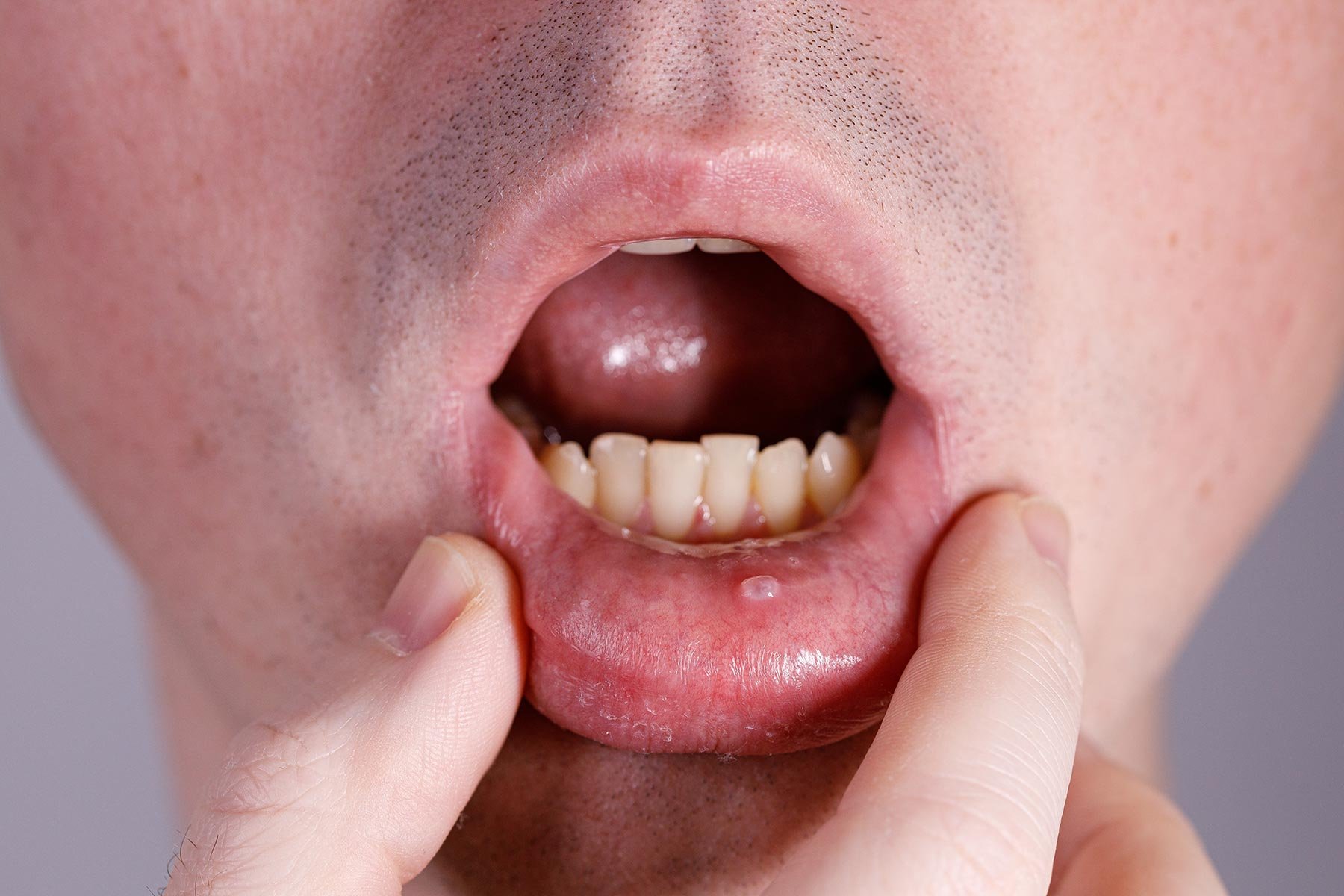
Pemphigus Vulgaris
Pemphigus vulgaris is a rare autoimmune disease that is characterized by the development of blistering on the skin and mucous membranes. Pemphigus vulgaris is caused by the production of antibodies that attack the proteins in the skin that hold the layers of skin together. This leads to the development of fluid-filled blisters (bullae) on the skin and mucous membranes. Pemphigus vulgaris is not contagious and is not caused by poor hygiene.
Symptoms of pemphigus vulgaris may include the development of blistering on the skin and mucous membranes, such as the mouth, nose, and throat, as well as itching and redness of the skin. The blisters may be painful and may rupture, leading to the formation of raw, open sores. In severe cases, pemphigus vulgaris may cause fever, weight loss, and malnutrition.
Pemphigus vulgaris is diagnosed through a combination of a physical examination, skin biopsy, and laboratory tests. A skin biopsy involves the removal of a small sample of skin for laboratory analysis. Laboratory tests may include the measurement of antibodies in the blood.
Treatment for pemphigus vulgaris typically involves the use of medications, such as corticosteroids and immunosuppressive drugs, to control the immune system and reduce inflammation. In severe cases, treatment may also involve the use of intravenous immunoglobulin or plasma exchange. It is important to follow the recommendations of a healthcare provider and to take medications as directed to control the symptoms of pemphigus vulgaris and prevent complications.

